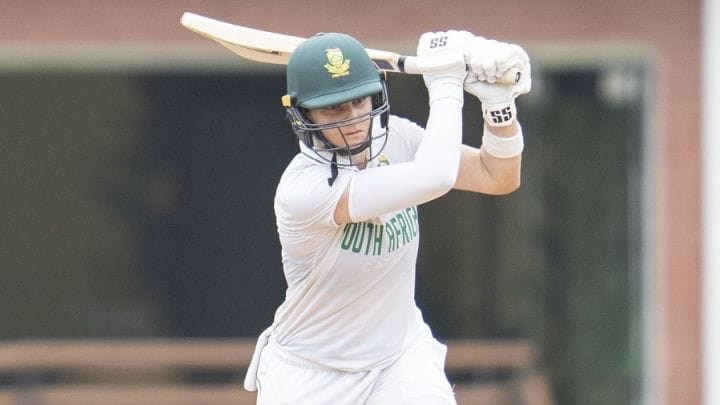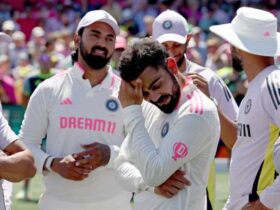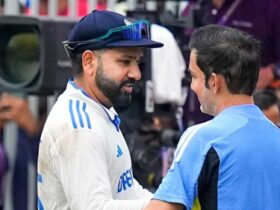The men are on the cusp of the WTC final, while the women are about to play their first Test at home in 22 years
Red-ball fever should be raging across South Africa with the men’s national team one win away from the World Test Championship (WTC) final and the women on the eve of their first Test at home in 22 years, and first of six in the next FTP cycle.
But is it really raging? If you turn on your television, you may not think so. You may ask whether South Africans really care about watching Test cricket (which is, of course, different, to knowing about it or celebrating it). The numbers say no. South Africa’s series win over Sri Lanka was watched by a total of around 14,000 people over nine days at Kingsmead and Durban. On any single day of the match, there were never more than 2,000 people at the ground.
So how many will turn up in Bloemfontein, a place cricket has largely forgotten, with no SA20 franchise and a domestic team who was recently relegated but since promoted to the top division, to watch a women’s Test? The next four days will reveal the answer, but don’t be overly expectant. A heatwave is sweeping across the country and temperatures tipped over 40 degrees Celsius in the Free State in the last week. With large swatches of the ground unprotected from the sun, fans may prefer the cool of their homes.
Their absence may tempt you to explain the South African men’s lean Test schedule (they will only play 12 games in this cycle) as a response to this perceived apathy but it is more the case of the economics outside the stands. Broadcast rights, for one, favour fewer Tests, more white-ball games, and a franchise T20 tournament. And with all that in place, the South African men are still in the running for the WTC final and the women’s Test schedule in the next four years will see them play the same number of matches as they did in the 20 years between 2002 and 2022. So something is changing, and it may be that red-ball matches are rare enough to be really valued.
There is a general consensus that playing more red-ball cricket, especially in the women’s game, will benefit players across the board and new coach Mandla Mashimbyi is specifically focused on the longer format as a key growth area. So the red-ball fever is there, you just have to dig a little deeper than the obvious for it.
“Mandla did a bit of a presentation for us yesterday on red-ball cricket and a lot of the stuff he was saying made me definitely want to play more of a format,” Laura Wolvaardt said at the pre-match press conference. “I absolutely love Test cricket. It’s the purest form of the game and to be able to play it is always such an awesome opportunity.”
Her counterpart, Heather Knight, who has played four times the number of Tests as Wolvaardt, used exactly the same words – “absolutely love” – to describe how she felt about Test cricket. “The mental challenge of it, the repetition of skill, the adapting to so many different situations that you might face, I think it’s a really good learner for younger players,” Knight said.
But both of them acknowledged that it is “tough,” to play a format at international level that they have no foundations in at domestic level. South Africa, England and every other country apart from India and, as of this month, Bangladesh, do not play any red-ball, or time-based version of cricket at any level other than occasional Tests. Wolvaardt described this as a “bit weird,” that her only red-ball matches have been Tests while Knight called herself a “novice at Test cricket.”
In that context, it seemed unfair to ask bigger-picture questions over things like form or player development. Yes, South Africa have played two Test matches and lost them heavily this year, but they were in vastly different conditions – Perth and Chennai – and perhaps all they demonstrate is how difficult it is to adapt to playing in different places at Test level. Yes, England have a multi-format Ashes to think about and Knight admitted they have “one eye” on that while also trying to have success here. Without the consistency of playing Tests regularly, it’s more sensible to assess and analyse them in isolation.
Following their comprehensive victory against Sri Lanka, South Africa’s men are just one win away from the WTC final AFP/Getty Images
In this case, what stands out is how differently the teams have approached preparation and what that may suggest about the kind of contes











Leave a Reply